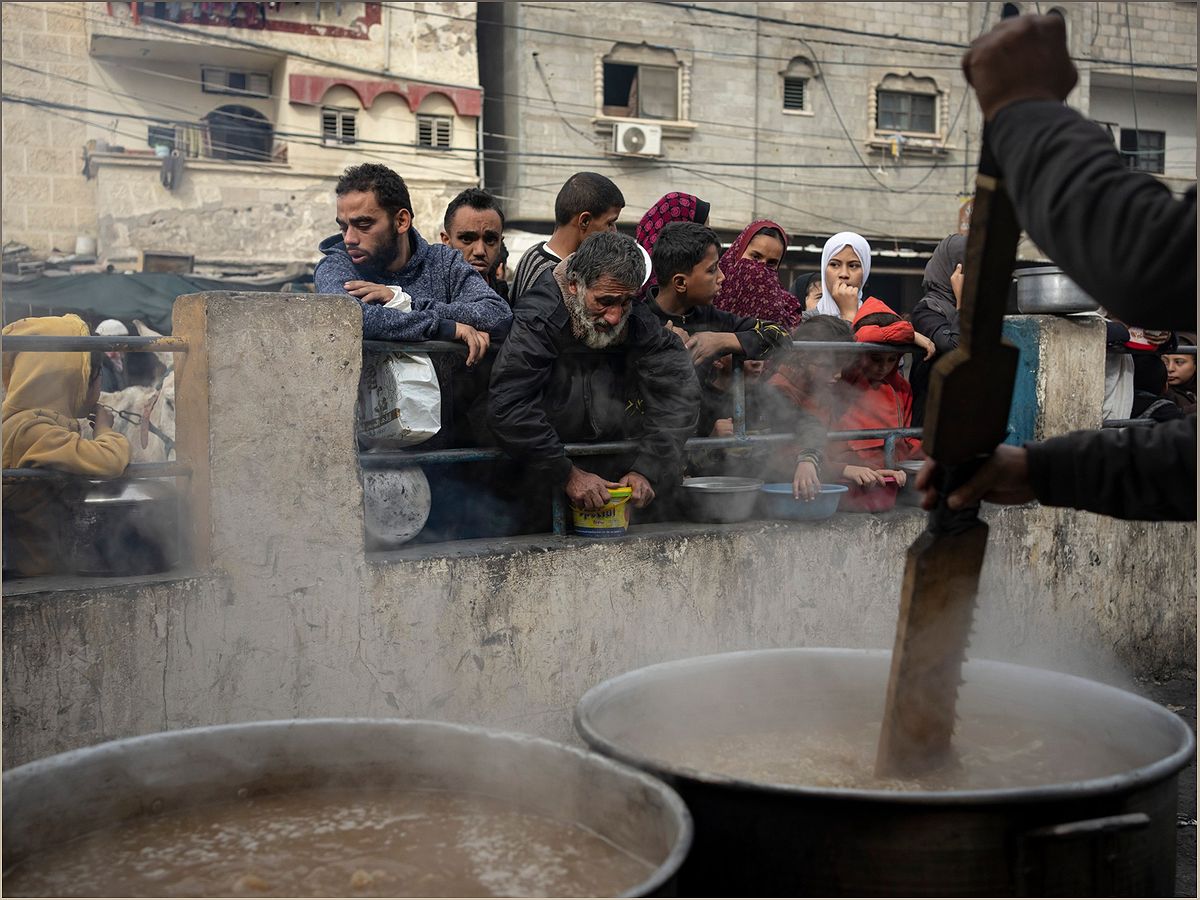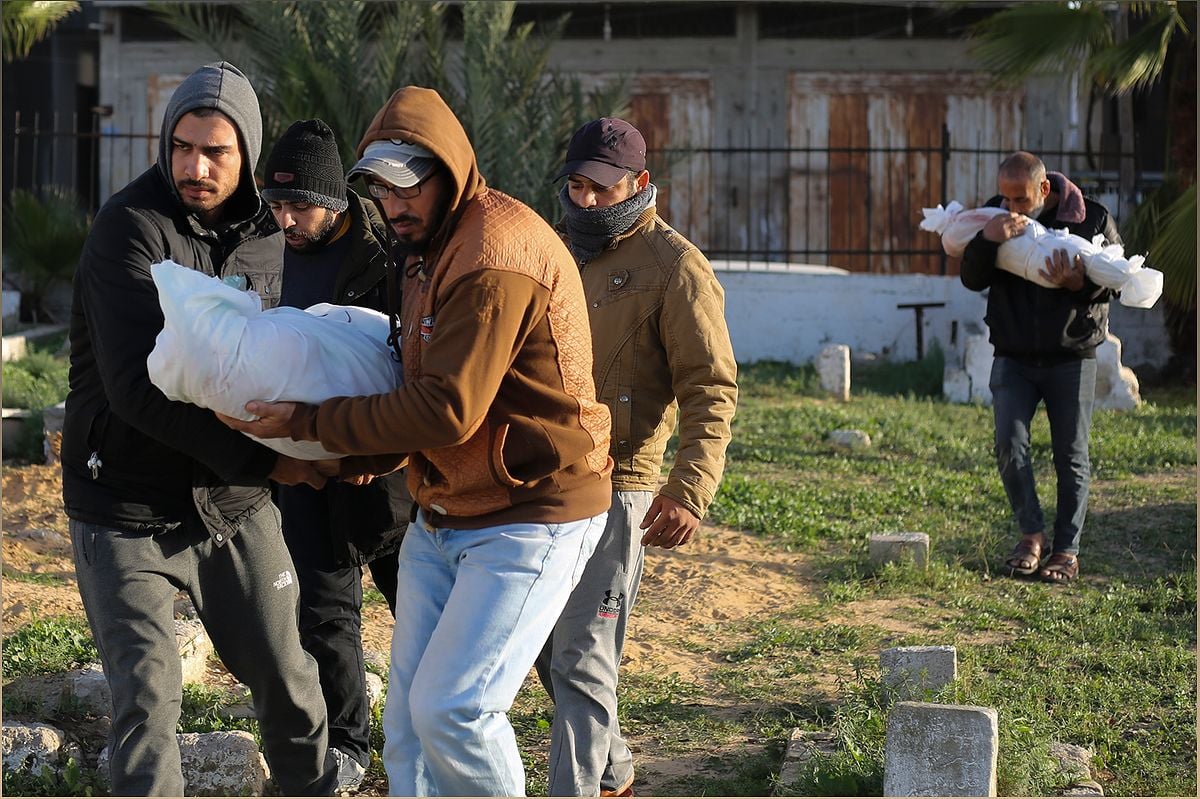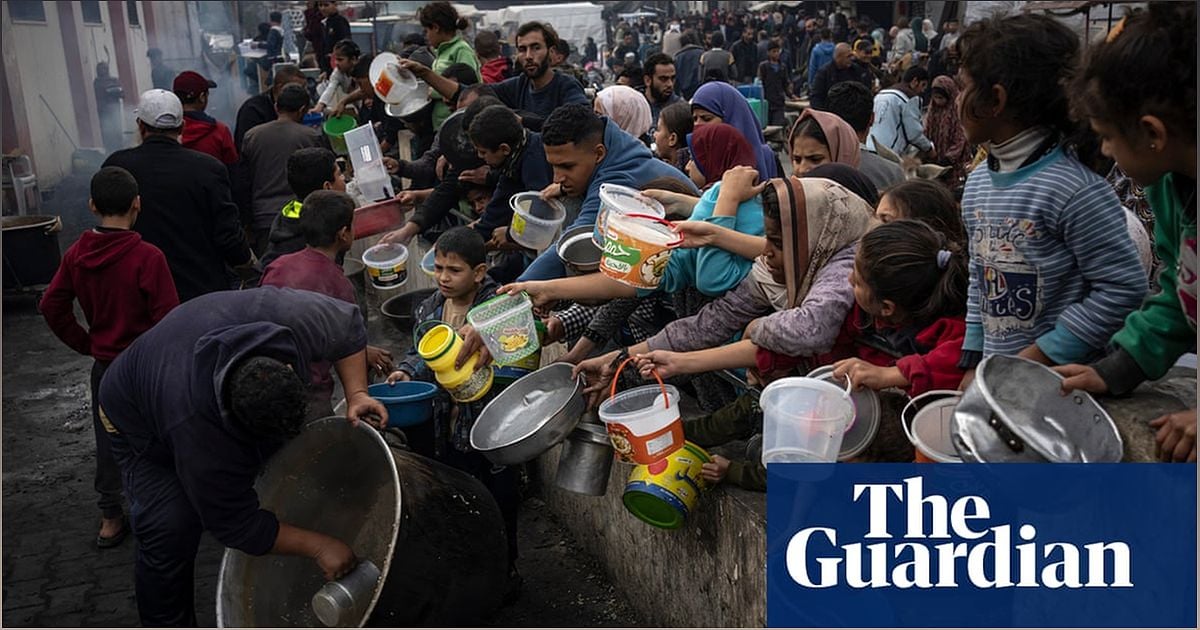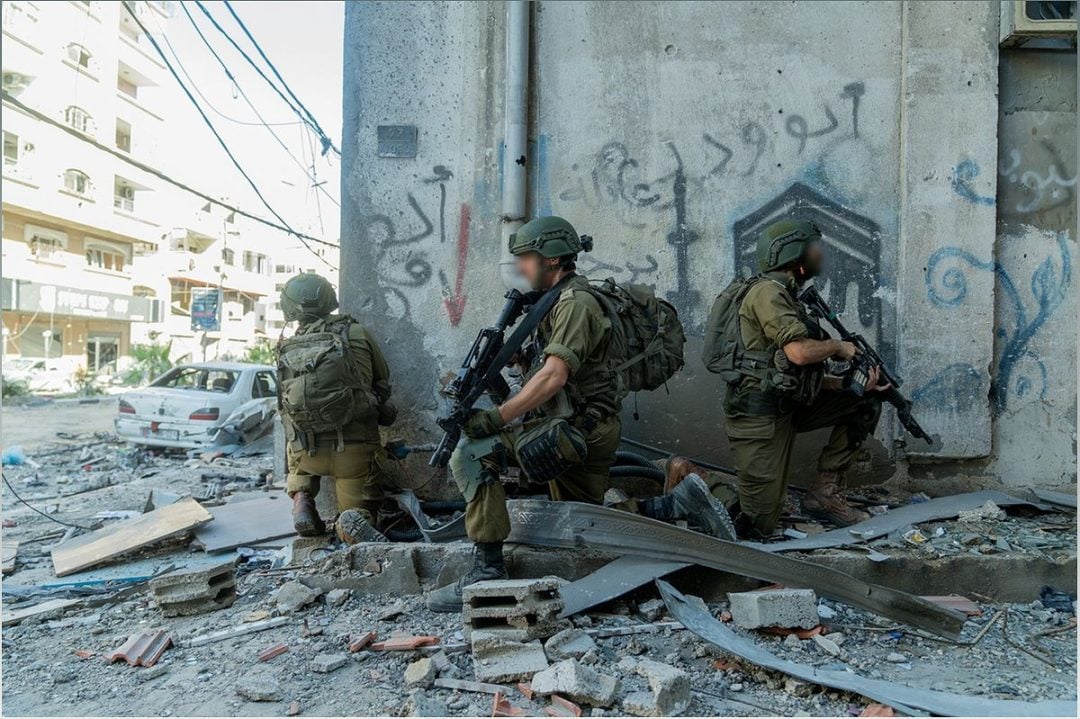Hunger Crisis in Gaza: Severe Food Insecurity Threatens Lives
The Gaza Strip is currently facing a severe hunger crisis, with more than 90 percent of the population experiencing high levels of acute food insecurity. Israeli attacks have damaged local bakeries, food warehouses, and transportation routes for humanitarian aid, exacerbating the situation. The total blockade imposed by Israel has further restricted the entry of food, water, and fuel into Gaza, leaving families struggling with deteriorating food quality and quantity. The risk of famine looms as the entire population of Gaza is predicted to fall under a crisis or emergency situation by February. This article sheds light on the dire circumstances in Gaza, where limited access to essential resources poses a significant threat to lives.
The Impact of Israeli Attacks on Food Security
The ongoing Israeli attacks in Gaza have had a devastating impact on the region’s food security. Local bakeries, food warehouses, and transportation routes for humanitarian aid have been damaged, making it even more challenging for the population to access essential food supplies.

With limited access to food, water, and fuel due to the total blockade imposed by Israel, families in Gaza are facing deteriorating food quality and quantity. Many people are forced to go without eating for long periods, putting vulnerable groups like pregnant women and toddlers at heightened risk.
The severity of the situation is evident in the Integrated Food Security Phase Classification (IPC) report, which states that over 90 percent of Gaza’s population is experiencing high levels of acute food insecurity. Urgent action is needed to address the impact of Israeli attacks on food security in Gaza.
The Looming Threat of Famine
The Integrated Food Security Phase Classification (IPC) report predicts a dire situation in Gaza, with the entire population falling under a crisis or emergency situation by February. This alarming prediction raises the specter of a potential famine if immediate action is not taken.

The blockade imposed by Israel has severely limited the entry of food, water, and fuel into Gaza, exacerbating the risk of famine. The lack of access to essential resources, coupled with the damage caused by Israeli attacks, has created a perfect storm for a humanitarian catastrophe.
Efforts must be intensified to address the root causes of the looming threat of famine in Gaza and ensure that the population has access to the necessary resources for survival.
Challenges in Accessing Food Aid
The ongoing conflict and damage to infrastructure have made it increasingly challenging for people in Gaza to access food aid. Before the conflict, at least 10,000 trucks carrying food entered Gaza each month. However, this number has now been significantly reduced, leaving many people without access to vital food supplies.

Even when food aid is available, long lines and limited supplies at distribution centers often result in people waiting for hours, only to return home empty-handed. This situation is particularly dire for vulnerable groups who heavily rely on humanitarian assistance, local markets, and support from friends and relatives for their daily sustenance.
Efficient and effective distribution of food aid is crucial to ensure that the population in Gaza receives the support they desperately need.
The Devastating Impact on Water and Fuel Resources
In addition to the food crisis, Gaza is also grappling with a severe scarcity of water and fuel resources. The population has access to less than two liters of water per person per day, far below the 15 liters required for survival.

The damage caused by Israeli attacks has further exacerbated the situation, making it difficult to repair and maintain water and fuel infrastructure. As a result, families are unable to cook meals and face additional hardships in meeting their basic needs.
Addressing the scarcity of water and fuel resources is essential to alleviate the suffering of the population and prevent further deterioration of the humanitarian situation in Gaza.
The Urgent Need for International Support
The hunger crisis in Gaza requires immediate international support to prevent further deterioration of the situation. The damage caused by Israeli attacks and the total blockade have left the population in dire need of assistance.
The World Food Programme (WFP) has recommended a daily entry of at least 100 trucks carrying food and water into Gaza. However, most days see fewer trucks than that, hindering the distribution of vital resources.
International organizations, governments, and individuals must come together to provide the necessary support and resources to alleviate the hunger crisis in Gaza and ensure the well-being of its population.
